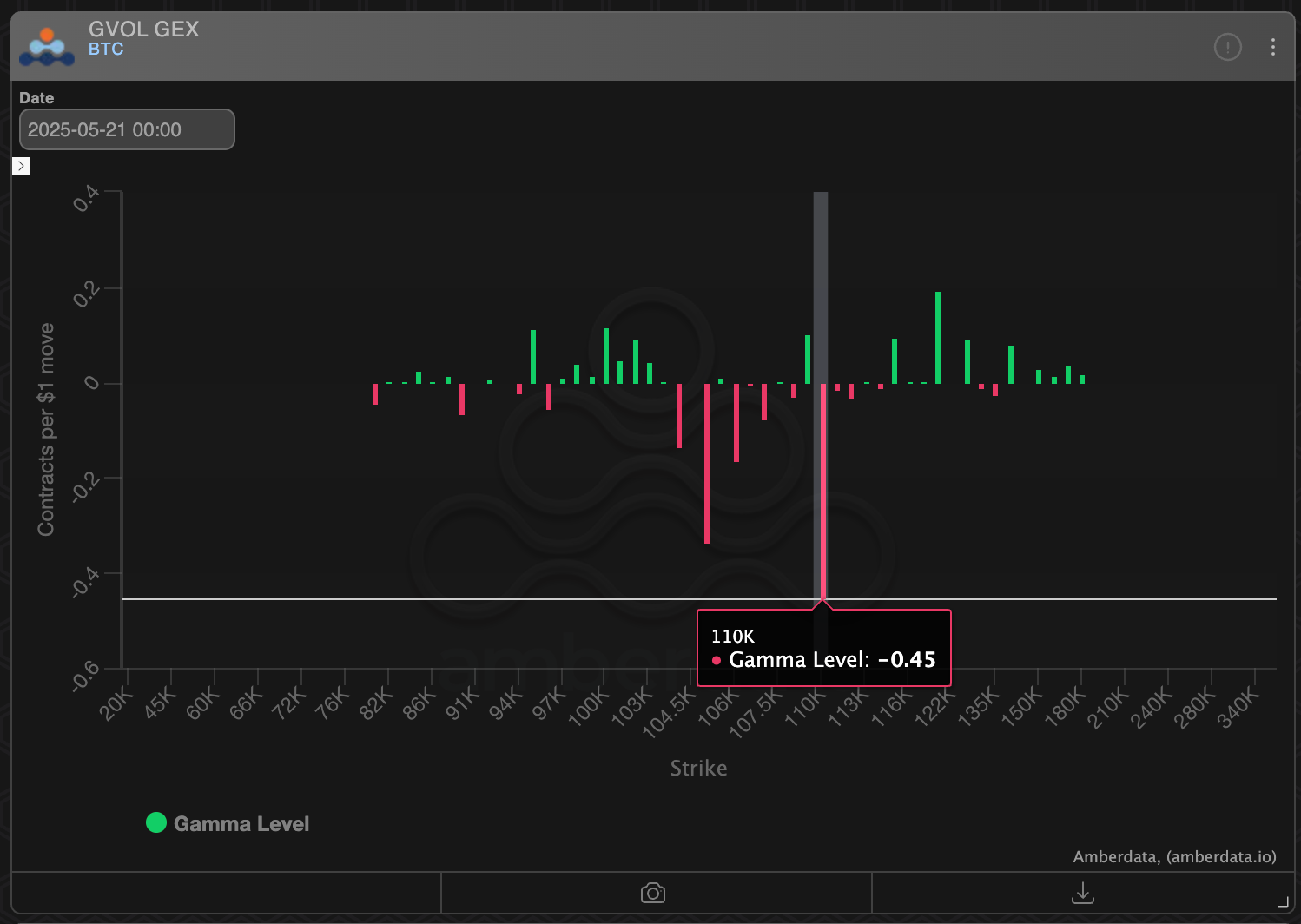Uncategorized
Why Can’t India Draft a Clear Cut Crypto Policy? Country’s Supreme Court Raps Government

India’s Supreme Court has questioned why the country’s central government cannot formulate a «clear cut» policy on crypto regulation, the Economic Times reported on Monday.
Justice Surya Kant and N Kotiswar Singh said that there is «parallel under-market» for cryptocurrency that can affect the economy.
«Why does centre not come out with a clear cut policy on regulating cryptocurrency?» they posed. «By regulating the cryptocurrency, you can keep an eye on the trade.»
Justice Kant added that bitcoin (BTC) trading is «an illicit trade more or less like a Hawala business,» referring to a term used for the informal transferring of money from one place to another without the actual movement of physical money. Hawala transactions are illegal in India.
The justices posed their question to Additional Solicitor General Aishwarya Bhati, who requested to seek instruction on the matter. They were speaking while hearing a bail petition filed by Shailesh Babulal Bhatt, a Gujarat resident accused of crypto-related fraud.
Bhati had claimed Bhatt was one of the biggest BTC trade aggregators in Gujarat, victimizing others with promises of high returns.
The court however said that it could not ascertain whether Bhatt was a victimizer or a victim, lamenting the government’s inability to come up with a clear regime regulating cryptocurrency.
India’s government had plans to release a discussion paper outlining its crypto policy stance by September last year, though this has yet to materialize.
A senior official said in February that the delay was due to plans to review the effect of more crypto-friendly policies from the U.S. under President Trump.
Uncategorized
Bitcoin Sets Record Daily Close With $110K as the Next Level to Watch for BTC

Although bitcoin (BTC) can be traded 24/7 its candles open and close daily similar to foreign exchange markets. The latest data from TradingView shows Tuesday’s candle ended (UTC) at $106,830, the highest-ever daily closing price.
The bullish move came as investors poured money into the spot exchange-traded funds (ETFs) amid chaotic price action in bond markets that suggested heightened concerns about the fiscal health of major economies, including the U.S.
Analysts told CoinDesk last week that the worsening fiscal debt situation could bode well for BTC and other assets such as gold.
The Coinbase Bitcoin Premium Index, which measures the percentage difference between the price of Bitcoin on Coinbase Pro (USD pair) and the price on Binance (USDT trading pair), remained positive, indicating a persistent buying pressure from the U.S.-based investors.
With the uptrend in progress, the next key level to watch is $110,000. Data from Deribit’s BTC options market, tracked by Amberdata, shows dealers or market makers hold a large net «negative gamma» exposure at the $110,000 level.
Dealers holding negative gamma typically trade/hedge in the direction of the market to maintain their overall market exposure delta neutral. That, in turn, amplifies bearish and bullish moves.
In other words, the rally may accelerate on a potential breakout above the $110,000 mark. The options market has grown significantly over the past five years, with dealer hedging adding to volatility on several occasions.

Uncategorized
SEC Charges Unicoin, Top Executives With $100M ‘Massive Securities Fraud’

The U.S. Securities and Exchange Commission sued crypto company Unicoin and three executives on Tuesday night on fraud charges, saying the company raised over $100 million for tokens that were not actually backed by the real estate its executives claimed.
The SEC sued Unicoin, CEO Alexander Konanykhin, former board chair Maria Moschini, senior vice president and general counsel Richard Devlin and former chief investment officer and investor relations officer Alejandro Dominguez on securities law violations,
Among its allegations, the SEC said Unicoin never actually owned the real estate properties it told investors it had acquired, and that those properties’ values were inflated.
«For example, between September 2023 and January 2024, the Promoting Defendants announced acquisitions of properties in Argentina, Thailand, Antigua, and the Bahamas, purportedly with appraised values totaling more than of $1.4 billion; in fact, the majority of those transactions never closed and the actual combined value of the four properties was no more than $300 million,» the complaint said.
The defendants also «overstated the Company’s sales» of its rights certificates, suggesting in social media posts and to investors that it had raised far more funds than it actually had, the SEC alleged. While Unicoin claimed it had made $3 billion in sales by June 2024, it actually never sold more than $110 million in its rights certificates, according to the complaint.
Moreover, Unicoin advertised its rights certificates, including by promising outsized returns of up to 9 million percent, the SEC alleged, pointing to marketing efforts on taxi cabs, ferries, «office building elevator screens,» digital billboards, coasters, television programs, news websites and public wi-fi kiosks.

«Additional examples of the Promoting Defendants’ statements include: (a) social media and website posts that touted potential returns of 9,000,000% based on bitcoin’s 9,000,000% growth in the past 10 years and told investors to ‘take advantage of the early days of Unicoin and get them today,’ highlighting that ‘Bitcoin experienced a tremendous rise in value, transforming early adopters into millionaires, and even billionaires,'» the filing said.
Read more: Unicoin CEO: Why Are We Still Under the SEC’s Gun?
Unicoin received a Wells notice from the SEC last December, informing the company that the regulator — then under the leadership of former Chair Gary Gensler — intended to file securities fraud charges. Last month, Konanykhin sent a letter to Unicoin’s shareholders, informing them that the company had rebuffed the SEC’s attempt to settle the charges, rejecting what he described as an “ultimatum” to attend a settlement negotiation meeting by April 18.
“We declined to show up,” Konanykhin told CoinDesk in an April interview, adding that the SEC had made certain pre-meeting demands he deemed “unacceptable” and claiming that the SEC’s probe had caused “multi-billion-dollar damages” to the company.
Read more: Unicoin CEO Reject’s SEC’s Attempt to Settle Enforcement Probe
Neither Konanykhin nor a spokesperson for Unicoin responded to CoinDesk’s request for comment by press time. In a press release shared earlier this year in response to a Wall Street Journal article, a spokesperson said, «Unicoin, the only fully U.S.-registered, U.S.-regulated, U.S.-audited, and U.S.-publicly reporting cryptocurrency company, has consistently complied with all regulations.»
According to court documents, the SEC is seeking disgorgement and civil penalties.
Uncategorized
Apex Group Buys Majority Stake in Tokenization Specialist Tokeny as RWA Trend Soars

Apex Group, a financial services provider with more than $3 trillion in assets under administration, said on Tuesday it had acquired a majority stake in Tokeny, a Luxembourg-based firm that helps institutions tokenize real-world assets (RWA) on public blockchains.
According to the deal, Apex expects to take full ownership of Tokeny over the next three years, after first investing in the company in late 2023, Apex said in a press release. The companies did not disclose the terms of the acquisition in the press release, and a spokesperson did not immediately return a request for comment.
The acquisition comes as more traditional financial firms are looking at tokenization as the next frontier in capital markets, using blockchain technology for moving assets like bonds, funds and other securities.
For institutional investors, the process promises simpler cross-border transactions, faster settlement and new liquidity channels. Tokenized assets could be a $18 trillion market by 2033, a report from BCG and Ripple last month projected.
«Tokenization is a foundational shift in how assets will be managed, distributed, and accessed,» Apex founder and CEO Peter Hughes said in a statement. «Our strengthened partnership with Tokeny is key to delivering on our vision to be the infrastructure provider in the digital era of finance.»
Tokeny’s infrastructure has already been used to tokenize over $32 billion in assets, supporting the full life cycle of tokenized securities — from issuance to transfer to compliance — and is best known for establishing ERC-3643, a widely used standard for compliant digital asset transfers, the press release said.
Apex said Tokeny’s team and tools will be brought in-house, and it aims to offer clients a turnkey infrastructure for blockchain-based finance, layering smart contracts and decentralized protocols on top of its traditional services.
Read more: Ripple, BCG Project $18.9T Tokenized Asset Market by 2033
-

 Fashion7 месяцев ago
Fashion7 месяцев agoThese \’90s fashion trends are making a comeback in 2017
-

 Entertainment7 месяцев ago
Entertainment7 месяцев agoThe final 6 \’Game of Thrones\’ episodes might feel like a full season
-

 Fashion7 месяцев ago
Fashion7 месяцев agoAccording to Dior Couture, this taboo fashion accessory is back
-

 Entertainment7 месяцев ago
Entertainment7 месяцев agoThe old and New Edition cast comes together to perform
-

 Business7 месяцев ago
Business7 месяцев agoUber and Lyft are finally available in all of New York State
-

 Sports7 месяцев ago
Sports7 месяцев agoPhillies\’ Aaron Altherr makes mind-boggling barehanded play
-

 Entertainment7 месяцев ago
Entertainment7 месяцев agoDisney\’s live-action Aladdin finally finds its stars
-

 Sports7 месяцев ago
Sports7 месяцев agoSteph Curry finally got the contract he deserves from the Warriors





